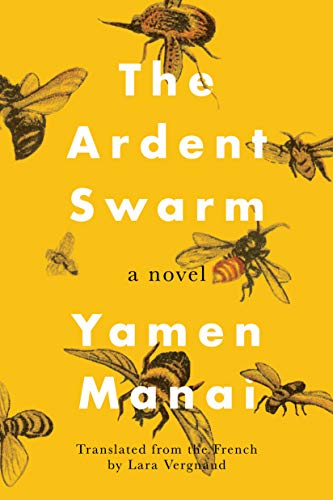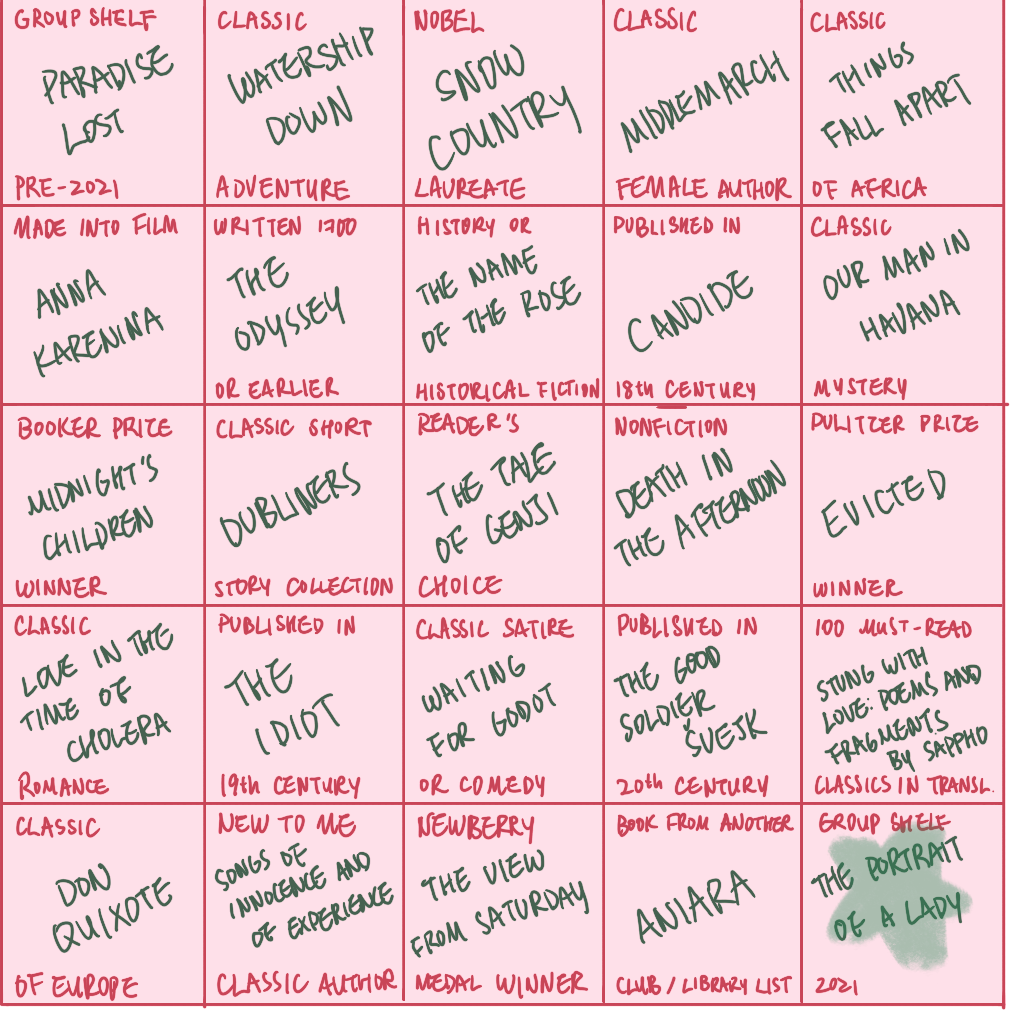Book review: The Heavy Side by Ben Rogers

The Heavy Side explores the unlikely and fateful collaboration of a hotshot Silicon Valley programmer and a Mexican drug cartel. Vik Singh has developed a clever app for drug dealers, and now both the DEA and the cartel are after him. Narrated by Vik’s girlfriend, Remi, the story grapples with America’s insatiable hunger for drugs and the human toll it takes on our neighbors to the south. We witness a young man confronting his artistic pride and a young couple trying to make up for past betrayals. ‘The Social Network’ meets ‘Narcos’ in this suspenseful and intelligent literary thriller.
Check out my Storygraph review of The Heavy Side for content warnings.
My thoughts
“You’re the math guy. You know you can go halfway forever and still never get somewhere.”
This quote basically sums up the book. A character-driven literary novel with boring characters and pages of dry conversation poorly dressed up as quirky. With a few unnecessary references to Zeno’s paradox and Heaviside function thrown in.
Actually, the premise of The Heavy Side is quite good – a nerdy Indian coder who teams up with a wannabe drug lord, making an algorithm that revolutionizes the cocaine dealing business. If it were marketed and written purely as a thriller, I think it would be a decent read. Unfortunately, it is not. The pacing (except Part II, which I rather liked) is mind-numbingly slow.
Even worse, most of the story is dedicated to the narrator and love interest, an underemployed girl with an English lit PhD who steals things, listens to Radiohead, and looks like a character from Baywatch. For some reason, she’s weirdly conscious of her gender (female) and ethnicity (half-Persian).
Some incredible gems from her internal dialogue:
I set the tumbler down and blotted coquettishly at my mouth with a cocktail napkin.
I was utterly enthralled with the man sitting across from me.
From the male lead:
He wanted to embrace me, this hardcore girl who now seemed too fragile to touch.
(Yeah, that’s not how you should write female characters.)
The author’s understanding of race relations and the experiences of Mexican and Indian immigrants also seems to need some work. This was so apparent that halfway through the book, I actually looked him up because I was curious what his ethnic background was.
As for the setting, I’m in computer science and I’ve experienced the Silicon Valley culture. And I can say that it’s just not convincing to me. Sure, Burning Man, Lake Tahoe, skiing… it just feels very surface level. Also, most SV yuppie-types I’ve met are not this boring. The parts about Vik while he’s coding are… passable. Certainly not inspired, and there were a lot of details that threw me off (like the part about a Russian server), but maybe a layperson wouldn’t notice.
Overall rating
| The Judgment | |
|---|---|
| Writing | |
| Plot | |
| Characters | |
| Creativity | |
| Themes | |
| Enjoyment | |
| Overall | |
The problem about this book isn’t the writing quality or the story itself, but rather, it just doesn’t pass muster as a literary work. This is a thriller about two normal middle-class-ish characters, a man and a woman, escaping from a Mexican drug cartel. It doesn’t say anything meaningful, and it seems poorly researched, like a book written by an outsider. The subject matter simply isn’t treated with respect. Sounds familiar (America Dirt), right?
Do not recommend.
I received a copy of this book from Netgalley in exchange for an honest review.

